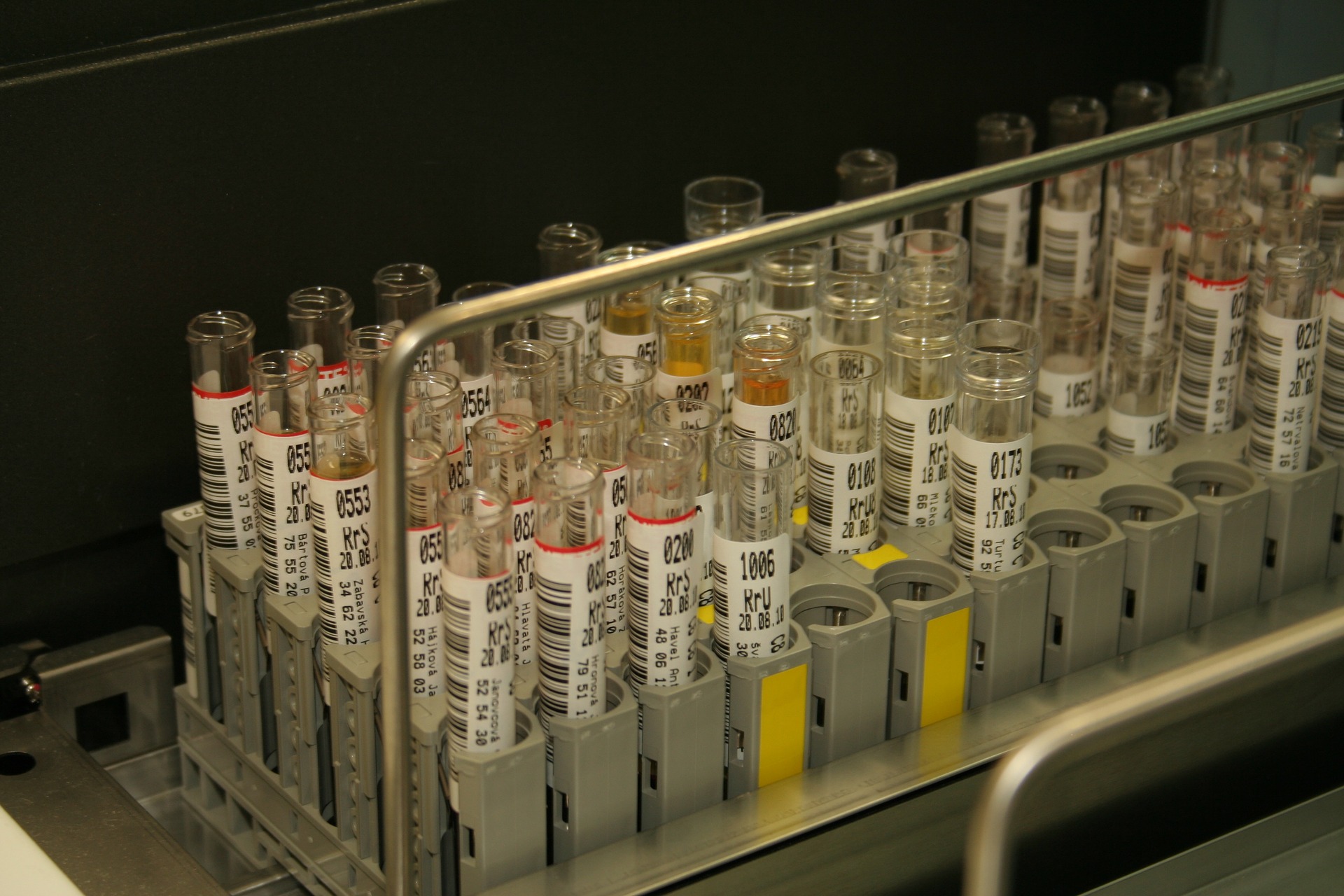Most jobs require some kind of drug testing at some point. The most common method is to test an employee’s urine. However, in recent years, employees have been finding a way around this test. How? Fake pee. It sounds like something out of a comedy sci-fi movie, but it’s become such a problem, many states are taking legislative action. What is synthetic urine? And who is making it?
History
For thousands of years, people believed that all living things possessed an “essence” that was impossible to replicate physically. This belief was known as “vitalism.” In 1828, a German chemist accidentally disproved that theory. Friedrick Wohler, while experimenting with ammonium cyanate, created a white powder. Upon testing, he realized it was one of the main ingredients in human urine: urea. The process – creating urea from inorganic substances – is called the Wohler Synthesis, and it kickstarted the field of organic chemistry.
Uses
Since Wohler’s discovery, the recipe for fake pee improved and got more realistic. So what is synthetic urine actually used for? Quick Fix, a producer of the stuff, lists reasons such as pranks, animal repellent, fetish, and urine therapy. Quick Fix’s formula is toxin-free and much safer than regular human urine. However, Quick Fix doesn’t mention one of the most uses: tricking drug tests.

When a company or government conducts a drug test, it calls for a person’s pee.
Urine fraud
When a company or government conducts a drug test, it calls for a person’s pee. If the person knows the test will pick up drugs, they can buy a product and submit that. There are lots of places besides Quick Fix, with names like UPass and Monkey Whizz. They’re sold at truck stops, head shops, and online. If a drug test isn’t good enough, a person could successful pass a test with fake pee. It’s become a big enough problem that at least 18 states have made it illegal to sell or use synthetic urine for the use of drug tests. Indiana and New Hampshire are two of the states, while in 2018, Mississippi introduced the humorously titled “Urine Trouble Act.” The punishment for breaking the law? Up to $1,000 fine or six months in prison. Since the law seems to specifically apply to fake pee sold for drug tests, would a company that doesn’t include that in the reasons for purchase be in the clear? They can’t really stop a buyer from misusing their product.
Does fake pee even work? Not always. You have to mix and heat the product properly so it mimics the real thing convincingly. The temperature often gives away the ruse. Well-trained drug testing staff will also be able to tell something is off by looking for sediment (real urine usually has a bit) and bleach, which is a tell-tale sign that the sample is fake.
What is synthetic urine’s future?
Despite the fact Wohler made his discovery so long ago, synthetic urine hasn’t really crossed most people’s minds until recently. Will it be banned completely at some point? It’s more likely that drug tests will improve so even perfectly-prepared fake samples can’t get through. Of course, people on the other side may work on the formula to make it even harder to detect, but laws like the ones in Indiana and Mississippi still make it illegal to buy or sell products specifically to trick drug tests.
———
In less unsavory science news, in 2017, experts figured out a unique way to clean a toxic chemical from the water supply. Click here to find out what they did.




